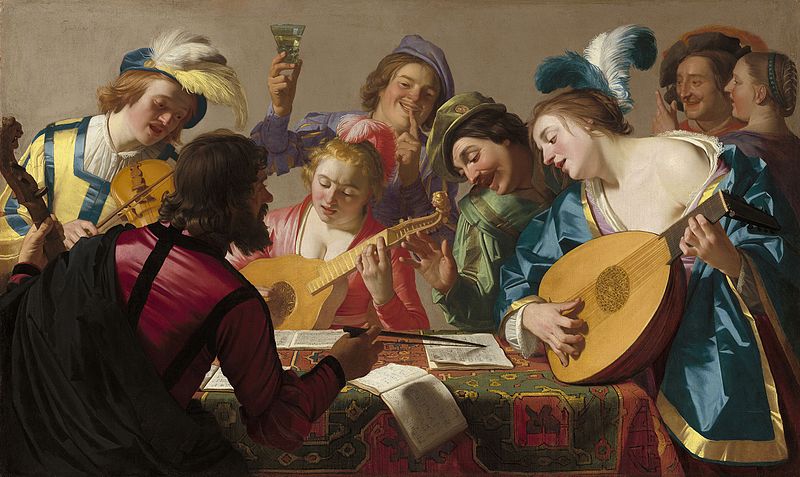
Music Migrations in the Early Modern Age: The Meeting of the European East, West and South
The investigation of music migrations offers insight into musico-cultural encounters, in spatial terms (European East, West and South), and in temporal terms (seventeenth to eighteenth centuries, i.e. Baroque and Classicism).
This research aimed to prove that music migrations have:
- considerably contributed to the dynamics and synergy of the European cultural scene at large
- stimulated innovations, changes of styles and patterns of musical and social behaviourcontributed to the cohesive forces in the common European cultural identity
The main objectives of this project were to:
- gather individual information on migrating musicians within the broad ‘old European’ territory, and outside it. The term ‘musicians’ is to be understood broadly and here denotes not only composers, performers, writers on music issues, but also other professions related to music
- enter the data in the common database
- create a map of migration flows and to draw systematic and synthetic conclusions out of the data collected in the database
- develop further systematic research issues via specific case studies, analysed in depth by an interdisciplinary and multi-perspective approach (histoire croisée). Based on such conclusions, specific case studies will be picked up, analysed in depth and presented in various ways.
The basic investigation supplied concrete data on migrating musicians. A theoretical framework then emerged within which it was possible to identify a network of:
- migrating musicians (individuals or groups) and their routes and goals
- secular and sacral centres with centripetal attractiveness
- the cultural transfer of certain musical forms and styles
- individual and social migrational motives – ideological, economic, political, etc.
Based on these general issues, concrete illustrations and argumentation have been developed through selected case studies.
To share the final research results, the researchers organised:
- a series of concerts and an exhibition
- project meetings and workshops
- an online accessible database and interactive maps
- open access and printed proceedings, monographs, critical editions of texts, and articles in journals
- the publication of music material with introductory studies, mostly ready-to-play and record
Prof Vjera Katalinic
Project Leader
Croatian Academy of Sciences and Arts
Croatia
Project Partners
Prof Vjera Katalinic
Project Leader
Croatian Academy of Sciences and Arts
Croatia
Prof Martin Albrecht-Hohmaier
Berlin-Brandenburg Academy of Sciences and Humanities
Germany
Dr Metoda Kokole
Scientific Research Centre of the Slovenian Academy of Sciences and Arts
Slovenia
Prof Barbara Przybyszewska-Jarminska
Polish Academy of Sciences
Poland
Prof Alina Zórawska-Witkowska
University of Warsaw
Poland
Prof Gesa zur Nieden
Johannes Gutenberg-Universität Mainz
Germany
Associate Partners
Dr Grozdana Maroševic
Croatian Musicological Society
Croatia
Prof Jörg Rogge
Johannes Gutenberg Universität
Germany
Prof Martin Baumeister
Deutsches historisches Institut in Rom
Italy
Piotr Maculewicz
Fundacja Concentus
Poland
Dr Gregor Pompe
Slovenian Musicological Society
Slovenia
Dr Boris Golec
Slovenian Society for Eighteenth-Century Studies
Slovenia